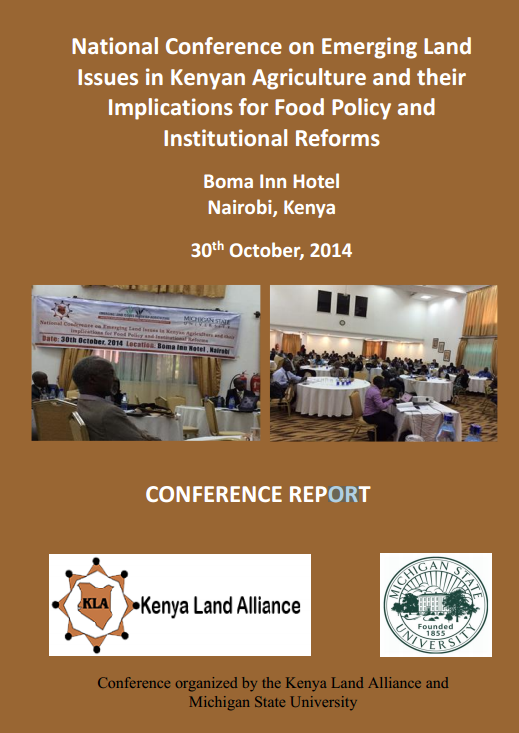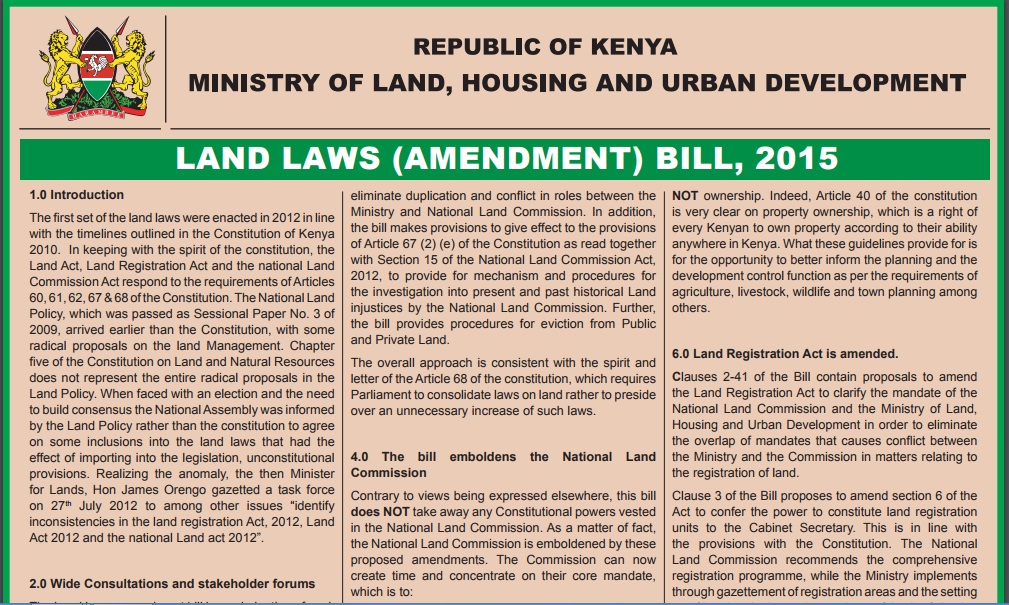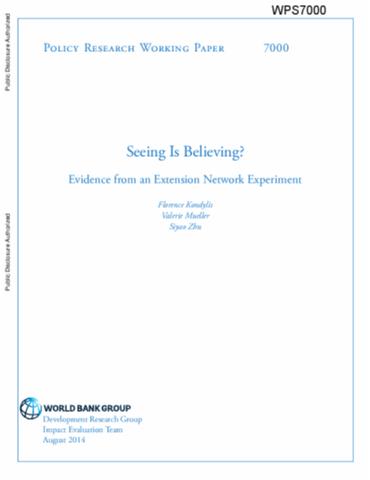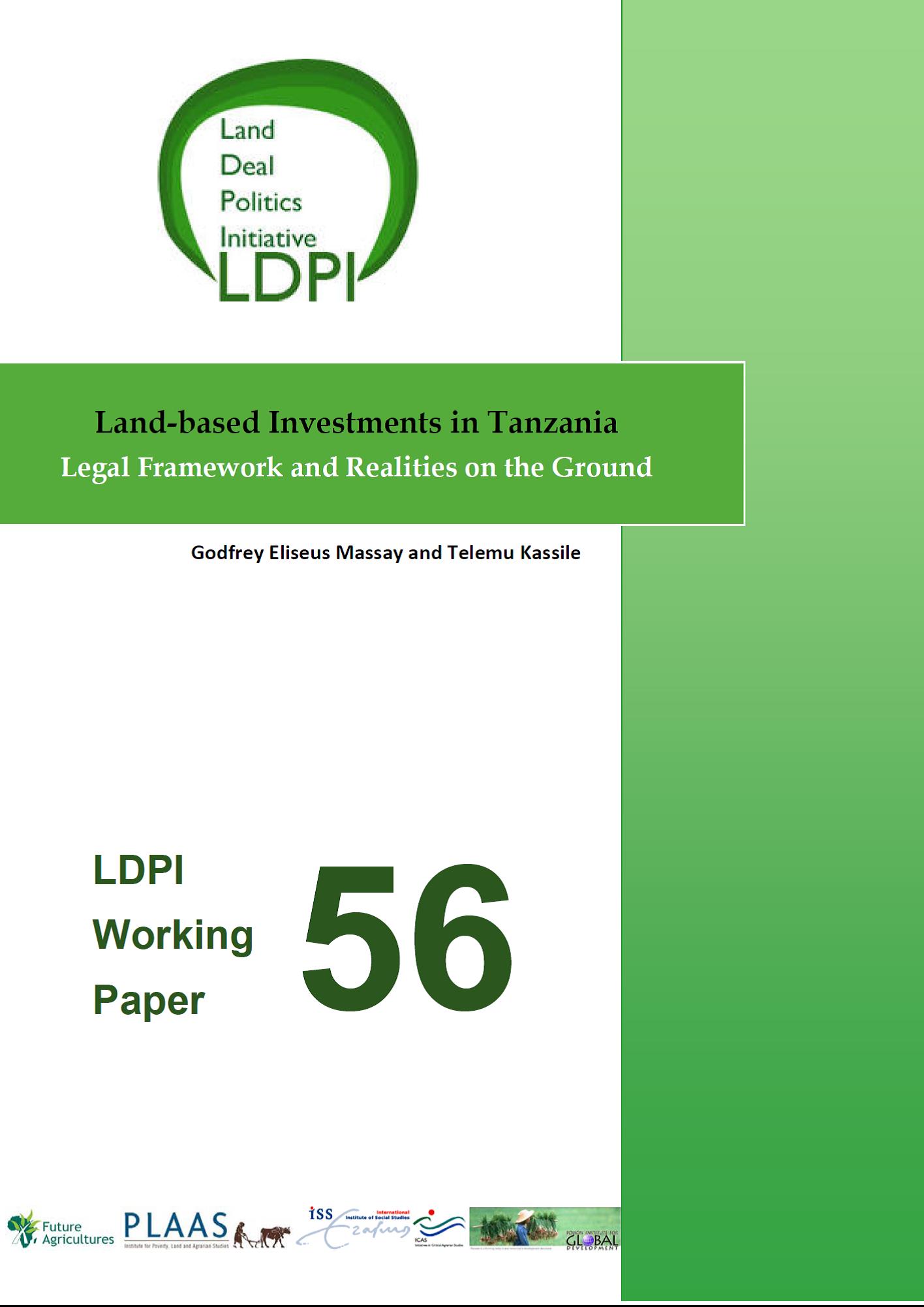Climate-Smart Agriculture in Costa Rica
The climate-smart agriculture (CSA) concept reflects an ambition to improve the integration of agriculture development and climate responsiveness. It aims to achieve food security and broader development goals under a changing climate and increasing food demand.








